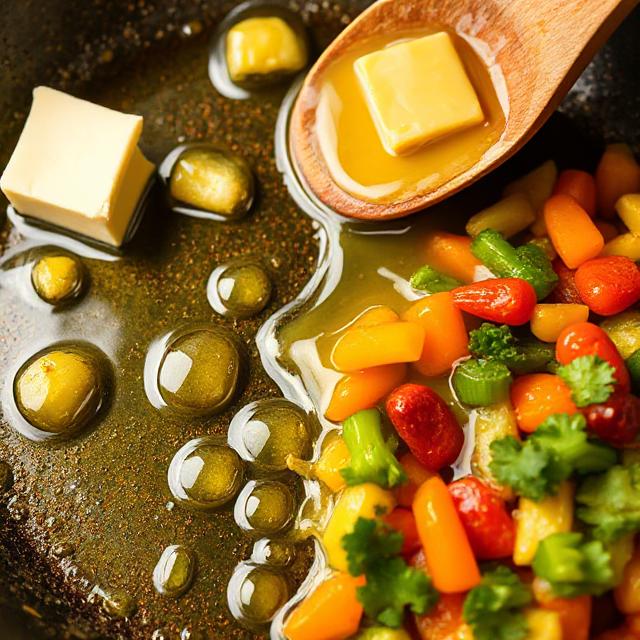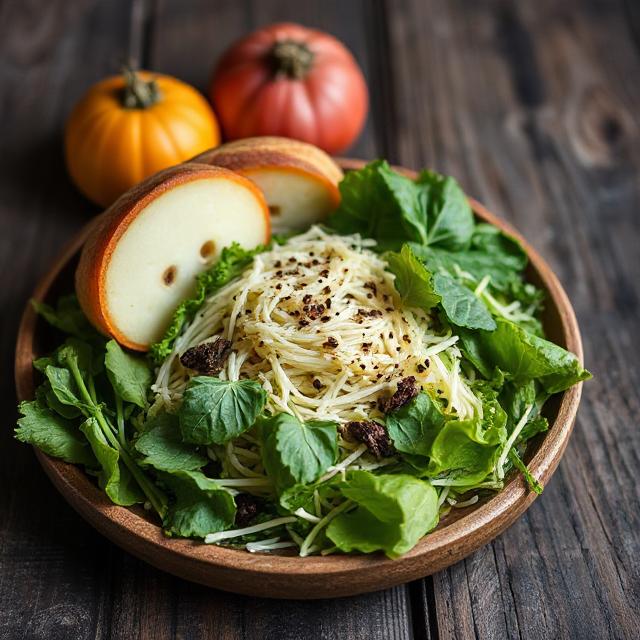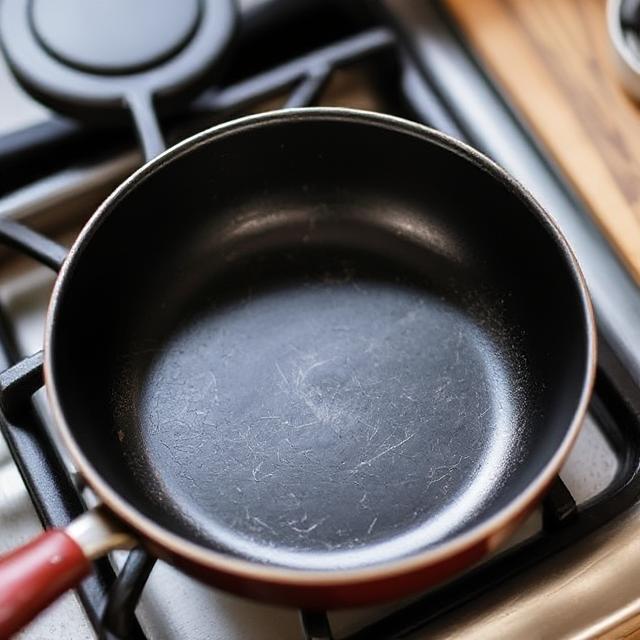We often blame fast food or a lack of exercise for high cholesterol, but sometimes, the real issue is hiding right in our own kitchens. Everyday cooking habits—things we do without thinking—might be slowly affecting our heart health. The good news? A few simple changes can make a big difference.
As General medical practitioner, we routinely counsel patients about cholesterol management—often focusing on medication adherence and obvious dietary culprits. Yet some of the most insidious contributors to elevated LDL may be lurking in their own kitchens, disguised as harmless cooking habits.
Now in this blog Let’s break down these sneaky kitchen habits and how to fix them in a way that’s easy to understand—even if you’ve never thought about cholesterol before.
1. Using the Wrong Cooking Oils

What’s the problem?
We all tend to grab whatever oil that is cheapest or most convenient . Not all oils are the same. Some, like olive oil and avocado oil, are great for your heart. But others—like palm oil and coconut oil—are high in saturated fats, which can raise your “bad” cholesterol (LDL).
Simple fix:
Switch to healthier oils like olive, canola, or sunflower oil. And remember—even good oils should be used in moderation. Too much of any fat can add extra calories.
2. Reusing Oil Too Many Times
What’s the problem?
Some people reuse frying oil 3-4 times to save money. I understand that. It might feel thrifty to reuse oil, but each time you reheat it, the oil breaks down and can form trans fats—the worst kind fat for your heart. Trans fats not only raise bad cholesterol but also lower good cholesterol (HDL) which is good cholesterol for your heart.

Simple fix:
Use fresh oil whenever possible. If you must reuse it, don’t do it more than once or twice. Better yet, try cooking methods that use little or no oil, like baking, steaming, or air-frying.
3. Frying Foods Too Often
What’s the problem?
Fried foods taste amazing, but they soak up a lot of oil, adding unhealthy fats and calories to your diet. Over time, this can lead to higher cholesterol.

Simple fix:
You don’t have to give up crispy foods completely! Try:
- Grilling (gives a smoky flavor without extra fat)
- Baking (still crispy, just healthier)
- Air-frying (uses way less oil than deep-frying)
4. Cooking with Processed Meats Regularly
What’s the problem?
When patients report “eating healthy” but mention daily daily use of processed meat like bacon/sausage, I quantify the impact. 50g daily processed meat results in 42% higher chance of getting CHD Circulation
Bacon, sausages, and deli meats are convenient, but they’re packed with saturated fats and sodium, both of which can raise cholesterol and increase heart disease risk.
Simple fix:
- Choose lean meats like chicken or turkey breast.
- Try plant-based proteins (beans, lentils, tofu)—they’re great for your heart and wallet!
- If you love processed meats, save them for occasional treats rather than daily meals.
5. Not Eating Enough Fiber

What’s the problem?
Most people underscore the significance of fiber. Fiber (especially soluble fiber) helps your body get rid of bad cholesterol. If your meals are low in fiber, your cholesterol levels might creep up without you realizing it.
Simple fix:
Add more of these to your diet:
- Oats (great for breakfast)
- Beans & lentils (perfect in soups or salads)
- Fruits & veggies (apples, carrots, and berries are especially good)
6. Using Old or Scratched Nonstick Pans
What’s the problem?
We use Scratched and flaking pan , as far as it is working. But the reality is, if your nonstick pans are flaking or scratched, they can release chemicals into your food. Over time, this might harm your heart health.

Simple fix:
- Check your pans regularly—if the coating is peeling, replace them.
- Try stainless steel or cast iron—they last longer and are safer for cooking.
7. Ignoring Portion Sizes
What’s the problem?
Eating straight from the pot or bag (who hasn’t done this with chips?). You know ,even healthy foods can lead to weight gain and higher cholesterol if you eat too much. Portion control matters!
Simple fix:
- Use smaller plates—it tricks your brain into feeling satisfied with less.
- Measure servings (e.g., a portion of meat should be about the size of a deck of cards).
- Eat slowly—it takes about 20 minutes for your brain to realize you’re full.
Home Take
Small kitchen habits can have a big impact on your cholesterol—for better or worse. The best part? You don’t need a complete diet overhaul. Just a few smart swaps (like choosing better oils, adding fiber, and avoiding reused oil) can make a real difference.
Take step just today
Read our article on :Best pregnancy food





